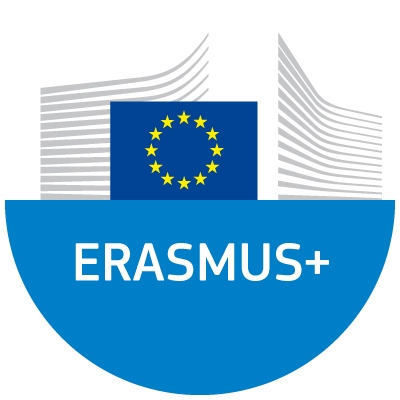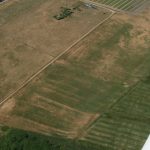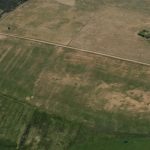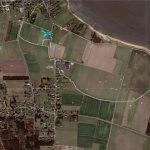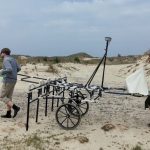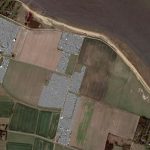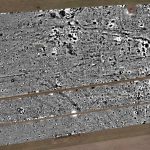Introduction
Under the umbrella of the PROSPECT international thematic network, the Universities of Kiel (Germany), Ghent (Belgium), Aarhus (Denmark), and Vienna (Austria) are offering an Erasmus+ Blended Intensive Programme (BIP) in form of a combined hands-on field and online course on:
Viking Age insights – Geoarchaeological and geophysical settlement prospection in North Frisia (Island of Amrum)
Archaeology of Amrum
The sites under investigation are situated in a unique coastal environment of the Wadden Sea, shaped by the interactions of the early medieval settlers with the land. The island of Amrum is characterized by its beaches, dunes, elevated grasslands and marshy landscapes. During the Common Era, the island witnessed several periods of migrations and intensive settlement activity. Each period left distinct imprints and monuments in the landscape. During the Viking Age, Frisian settlers, known for their seafaring and adaptive settlement strategies, colonized the island and set up settlements, harbours and burial sites. Our research aims to explore both these early medieval settlements and the surrounding landscape, which bears the marks of seafaring and land-use practices. The geoarchaeological prospections will delve into the layouts of these settlements and examine how the Viking Age settlers harnessed and transformed the landscape to their advantage. A multitude of geoarchaeological and geophysical measurement techniques will be utilised by the international prospection team.
Course content
The field-course will be held from August 5th to 9th 2024 on the island of Amrum located at the German North Sea coast in Schleswig-Holstein.
The course comprises an introduction to the specific local archaeological situation and landscape development, archaeological research questions, and practicing ways to solving them through geophysical, geoarchaeological measurements. In the field course, state-of-the-art instrumentation including magnetics, electromagnetics, geoelectrics, ground penetrating radar, and geophysical downhole measurements will be applied.
The field component will be complemented by a compulsory online component during fall 2024 dedicated to data processing, analysis, and interpretation.
The course features a group assignment that involves designing a scientific poster to present survey findings and their interpretations.
Virtual lectures
Access the virtual lecture content here.
Reading list
Access the reading materials here.
Poster assignment
The data for the poster are on the BIP2024-Amrum Open Science Framework.
ECTS Recognition
Successful course participation will be rewarded with 5 ECTS credit points.
Target audience
The course is directed towards MSc/MA/PhD students of geophysics, geosciences, and archaeology with a basic knowledge of geophysical prospection methods.
The number of participants is restricted to 25.
Application
Applicants are requested to send a motivational letter and to describe their prior experience with- or knowledge of geophysical archaeological prospection.
The application deadline is May 1st 2024.
Send this motivation letter to:
Kiel University students: bmajchczack@roots.uni-kiel.de and dennis.wilken@ifg.uni-kiel.de
Ghent University students: prospect@UGent.be
Aarhus University students: smk@geo.au.dk
Vienna University students: immo.trinks@univie.ac.at
Bratislava University students: roman.pasteka@uniba.sk
Course schedule
Field-course
The field-course will be held from August 5th to 9th 2024.
Virtual lectures
An introduction lecture will be held on June 24th.
Six virtual lectures and a guidance session on the assignment are scheduled between September 23th and November 8th.
Access the virtual lecture schedule and links here.
Assignment
The scientific poster submission deadline is November 10th.
Practical matters
Costs
If you apply for the BIP at your home institution, ERASMUS+ funding (ca. 79 EUR/day) is provided by your home institution to cover transport and meals. This funding is subject to successful participation in both the field course, the virtual online course and the poster assignment.
We ask no registration fee but will require a small provision for meals and accomodation (ca. 15 €/day).
Travel information
for those who plan to travel on their own to Amrum:
The island can only be reached via ferry from the mainland port of Dagebüll (www.faehre.de). If you travel by car, you can park your car on the mainland, the ferry port has a secure parking lot (appr. 7,50€/day). You do not need to bring your car to the island (car slots are probably not available on the ferry), we can collect you at the harbour of Wittdün/Amrum. Roads are very short on the island and there are buses. Bicycles can be rented for cheap at the harbour or any other bike rental in Wittdün.
If you travel by train, the train station is called „Dagebüll Mole“. Train schedules can be found on www.bahn.de which also knows the ferry times. You can buy single-person tickets for the ferry directly at the ferry port; person tickets do not need a reservation and are not limited.
Since we start the course on Monday afternoon on Amrum, it might be necessary to travel already on Sunday, if you come from far. Please let us know if you need a bed from Sunday to Monday on Amrum, we can arrange that for you (write to Bente Majchczack). Please refer to Bente for any other questions relating to travel to North Frisia.
Lodging
Shared accommodation is organized and comes with full board.
Please note that the kitchen offers vegetarian food and caters for religion-specific as well as allergy-specific dietary requirements but does NOT offer a vegan option.
Further info: www.honigparadies.com
Contact
Organizers
Vienna Institute for Archaeological Science PROSPECT ITN Institute of Geosciences
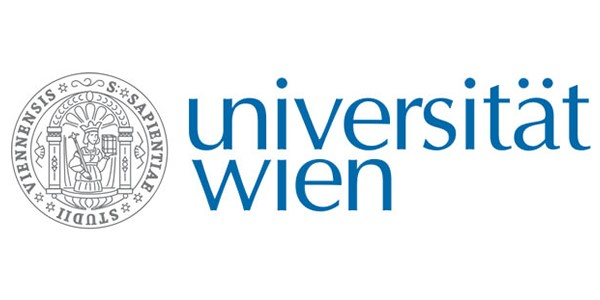
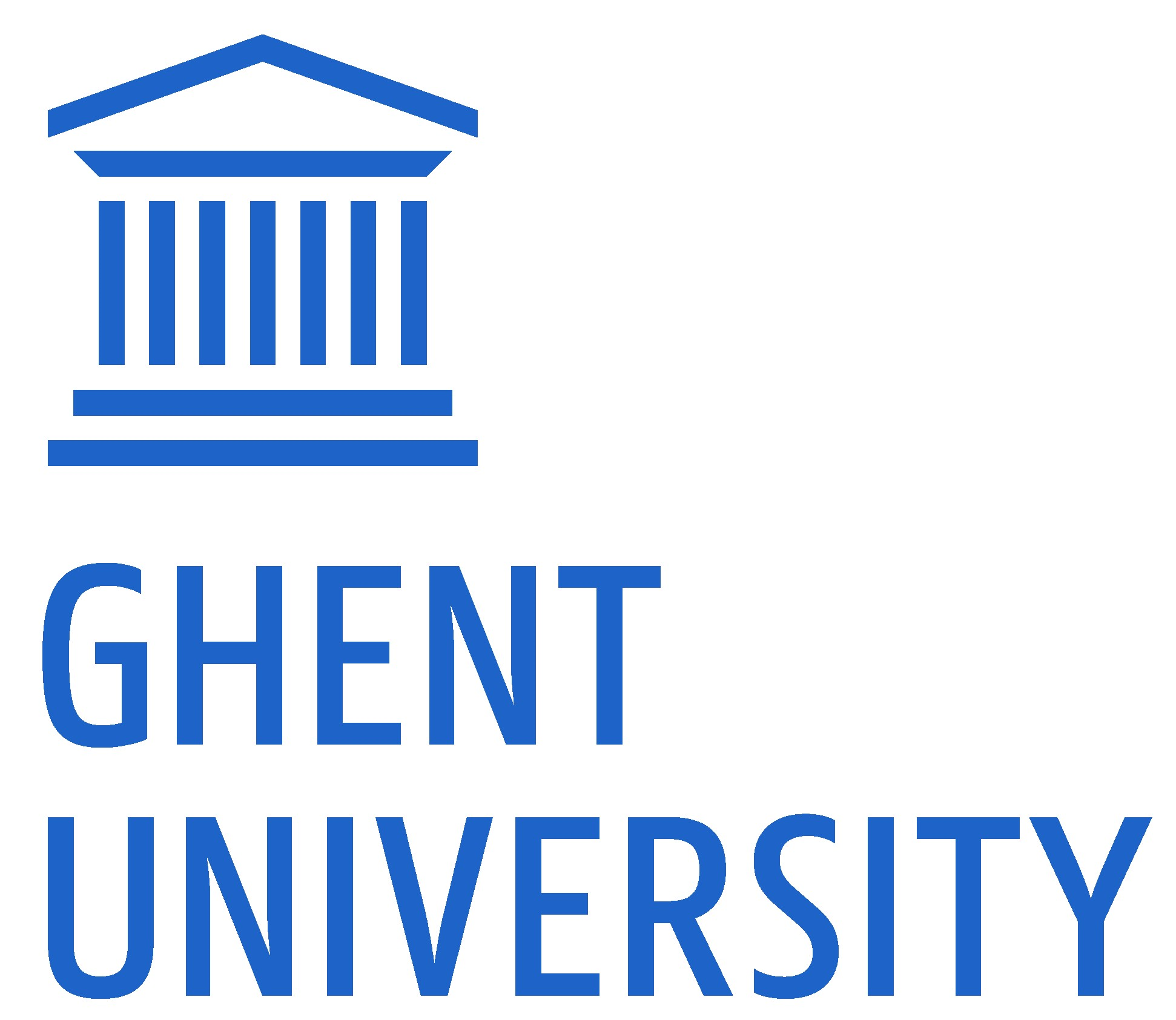
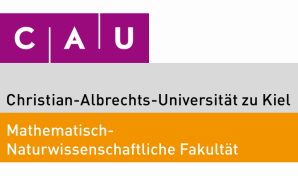
Funding
This blended intensive programme is funded by the ERASMUS+ programme.
